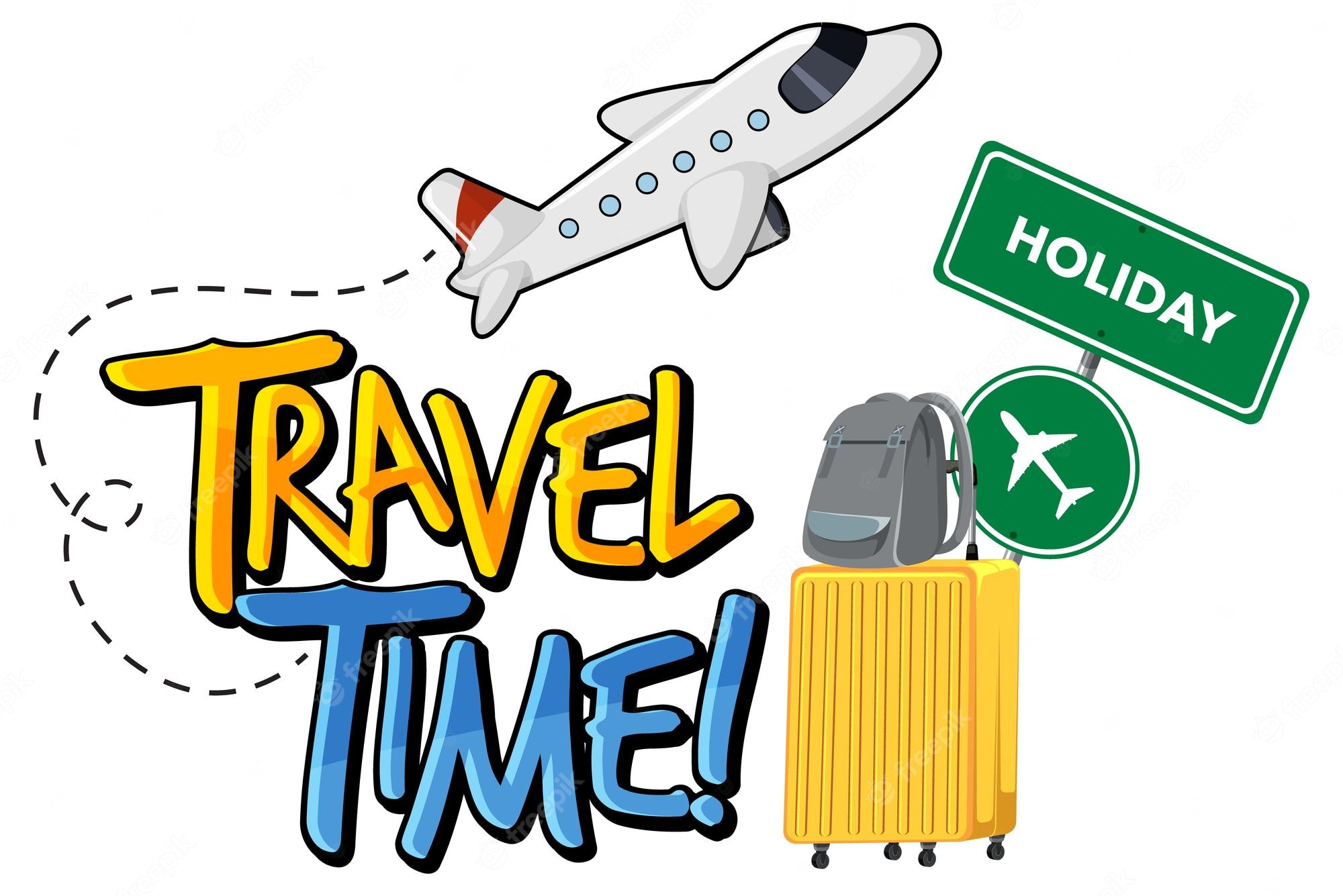
I spent two weeks touring Estonia, Latvia, and Lithuania, three small countries that were part of the Soviet Union during most of the 20th century. All three threw off the Communist yoke and declared independence in 1991.

Today these Northern European states sit on the edge of two worlds – the West and the East, democracy and authoritarianism. The Baltic Sea and the Gulf of Finland form the northern and western borders of these countries. Russia and Belarus lie to the east, and Poland and a Russian exclave or territory, Kaliningrad, lies along Lithuania’s southern border.
The three Baltic countries, with a total population of about 6 million, exist in a precarious position in today’s world. Their Eastern neighbors are not their friends. Belarus has flown Middle Eastern refugees to their country and sent them across the border, with the goal of creating anti-immigrant tension in Latvia. Lithuania recently closed two of its six checkpoints with Belarus as pressures rise due to the presence of Wagner mercenaries in Belarus. As the war between Ukraine and Russia continues, the Baltic countries worry their Eastern neighbor – Russia – harbors future plans to reconquer lost lands. All three countries belong to NATO, one measure taken to secure their future.
As a citizen of the United States, a large country not threatened and never occupied by its neighbors, it was eye-opening to hear the constant thread of concern about their security from folks living in these nations. As war rages nearby and adjacent autocrats beat the drums of conflict and confrontation, the people of Estonia, Latvia, and Lithuania go about their daily lives…
They hang Ukrainian flags in support of Ukraine’s fight against Russian aggressors.

City streets teem with folks going back and forth to work. They buy fresh flowers in stalls lining streets and walkways and hang out in cafes enjoying food, friends, family, and conversation.
Tourists enjoy walking tours of timeworn cities, listen to concerts in centuries-old churches, and savor local dishes in area restaurants.
On the weekends locals flock to museums depicting their country’s history, including new ones of 20th-century history – a short-lived independence in the beginning of the century, Soviet occupation, Nazi conquest, Soviet re-occupation, and finally independence.
The word that comes to mind: resilience.
All three countries lost population after independence as people left the poor countries in search of jobs and a better life. But today these nations are building modern societies – literally! Skyscrapers and new housing appear everywhere. Over the past 30 years the Baltics have replaced the poverty, despair, and grayness – gray buildings, gray culture, a dismal grey environment of strict authoritarian rule, with a society full of color, vibrancy, and most of all – hope.
Of course there are problems: ethnic divisions, political discord, economic concerns, and security uncertainty.
Americans do not concern themselves day in and day out with being victims of a foreign assault. We are isolated from warring neighbors. Our involvement in wars and conflicts in far-away places like Vietnam and Afghanistan involved our people in combat, but not our shores, at least since the onset of World War II and over 200 years ago during the War of 1812. We consider 9/11 an anomaly.
Yet we are a troubled nation with none of the positivity felt in new, emerging nations. The 21st century in the U.S. has been marked by political discord and support of overseas conflicts that sapped the country of optimism and vitality. It has left mind-boggling debt and a host of issues that need attention but are effectively ignored as political division burdens the country in endless, often mindless, disputes.
The Baltics offer a lesson in possibilities, devoting resources to building nations. Meanwhile, the U.S. backpedaled over the past 20+ years, minimizing spending on needs such as infrastructure. When will our politicians face the problems affecting our country, racial conflict and guns out of control just two of these issues? The best of times should be ahead of us, not in the past.

Comments
One response to “Touring the Edge of Two Worlds and Seeing My World a Little Differently ”
Ohmyword, I so agree! The US and the world could certainly take a page out of these three Baltic countries’ books!